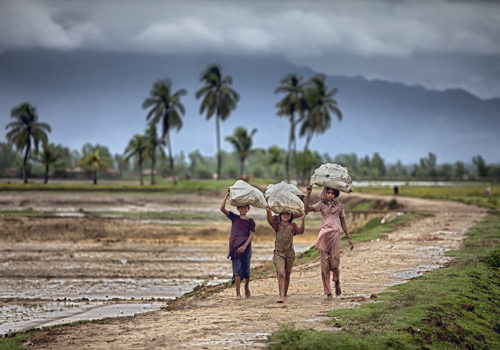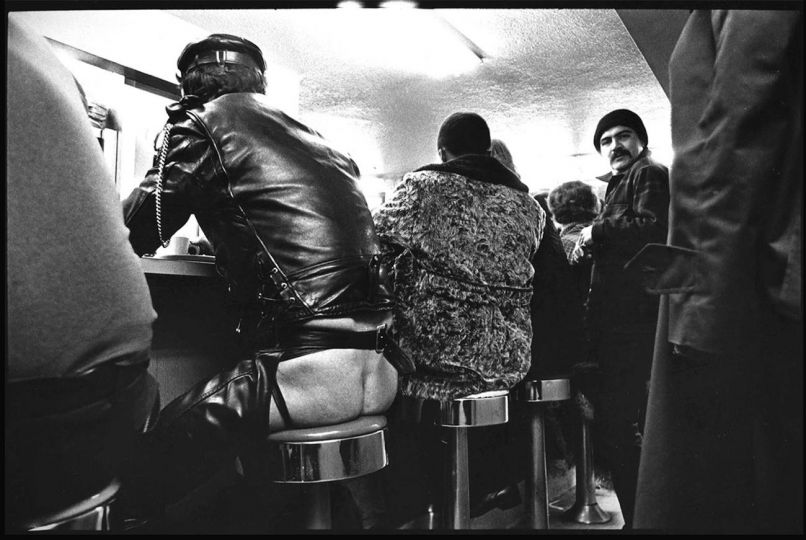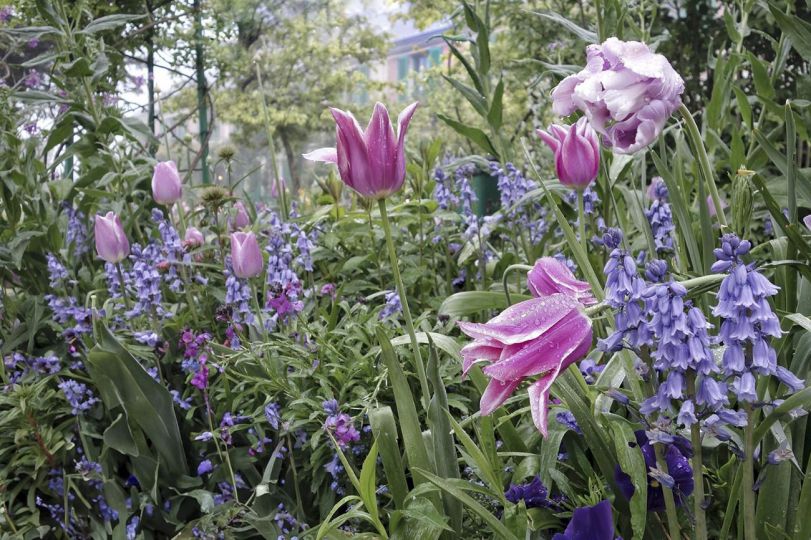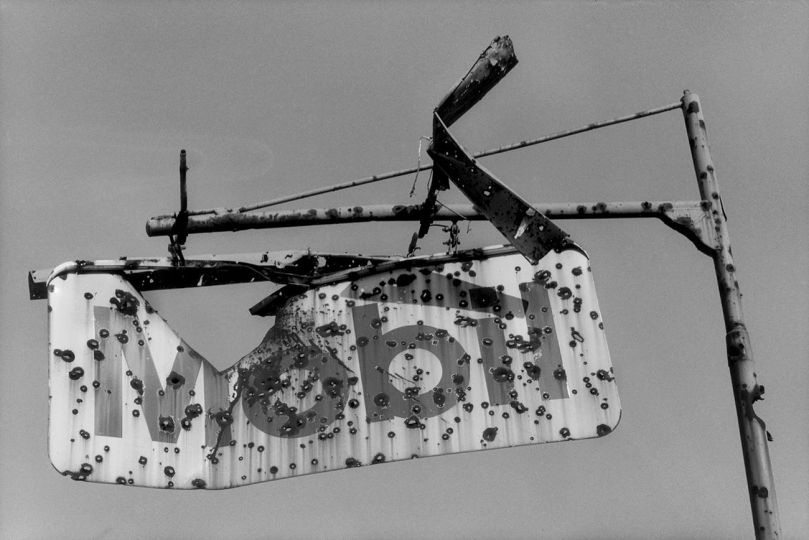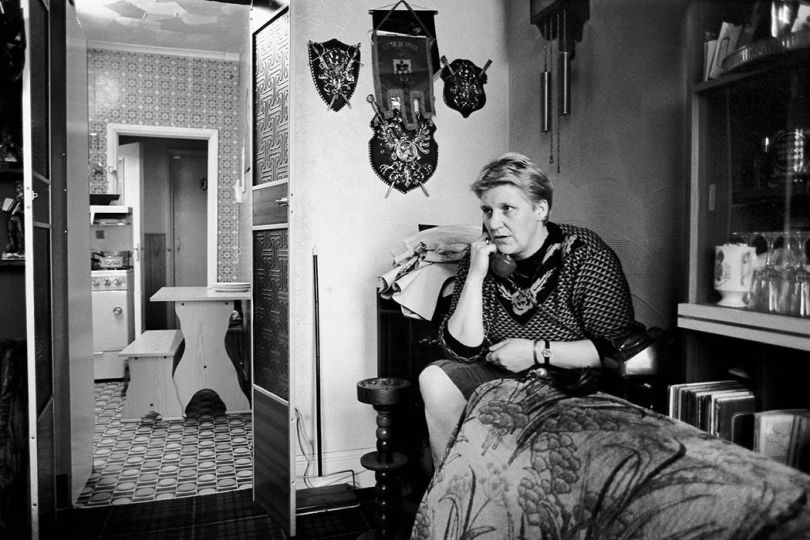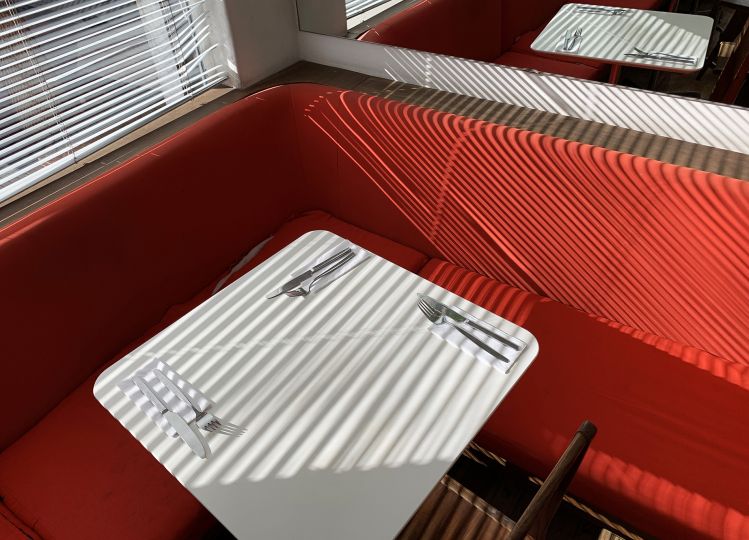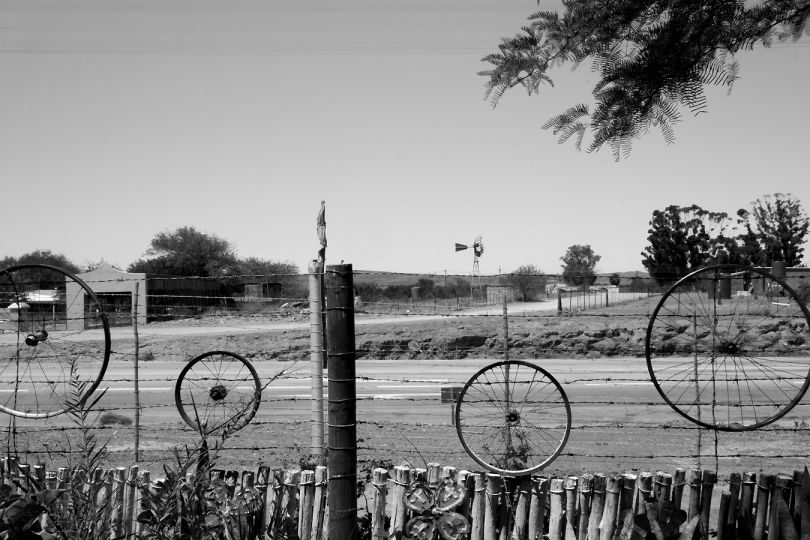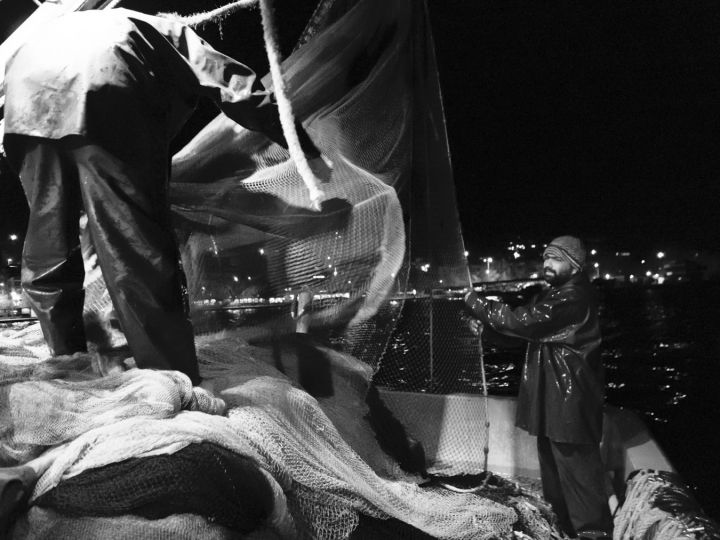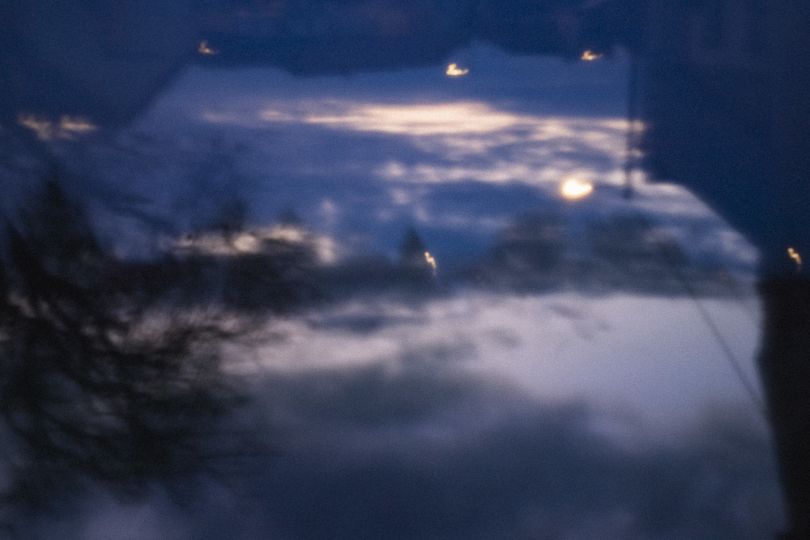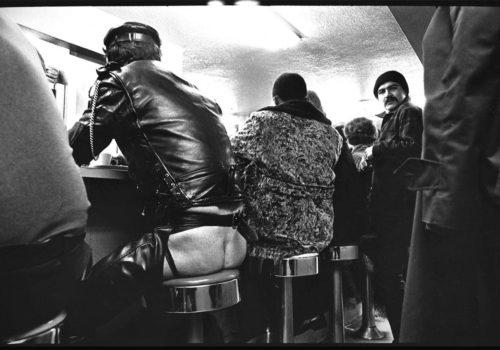“The military killed my husband and torched our home. I fled in a jungle along with my two children. After trying three days I don’t want to remember how was I cross the river border and come in this camp” said Sitara Begum at Taknaf Rohingya refugee camp 27 November 2016 in Bangladesh. According to media reports, the UN said up to 30 thousand people have been displaced clashes with the military in latest violence in Myanmar. Teknaf, the gateway to Cox’s Bazar, a poor but densely populated coastal area, already home to more than 230 000 Rohingya refugees.
Myanmar soldiers have poured into the area along Myanmar’s frontier with Bangladesh, responding to coordinated attacks on three border posts on October 9 that killed nine police officers. They have locked down the district, where the vast majority of residents are Rohingya. Bangladesh prevented hundreds more from crossing into the country after up to 30,000 Rohingya were displaced by violence in Myanmar’s Rakhine state. Thousands of desperate Rohingya from Myanmar’s western Rakhine state have flooded over the border into Bangladesh, bringing with them horrifying claims of gang rape, torture and murder at the hands of Myanmar’s security forces. Also the bloodshed is the most serious since hundreds were killed in communal clashes in the western Myanmar state of Rakhine in 2012. It seems both the countries of Naf River have refused to take these unfortunate human beings. This kind of refusal tears their hopes and needs in thousand parts. Though both the countries are trying to save their own security but what will be the solution for these unwanted people? They are passing their days in uncertainty. They might be cursing themselves to be a human being with whom everyone is behaving inhuman.
Nur Begum describes how Myanmar army attack that killed her husband and two other children, forced her to flee Rakhine State for Bangladesh with tiny Jamal. After a three-week trip with little food, Begum and her increasingly sick child made it to the camp in Leda, across the Bangladeshi border; but Jamal Hossain’s journey was already at an end.
K. M. Asad

